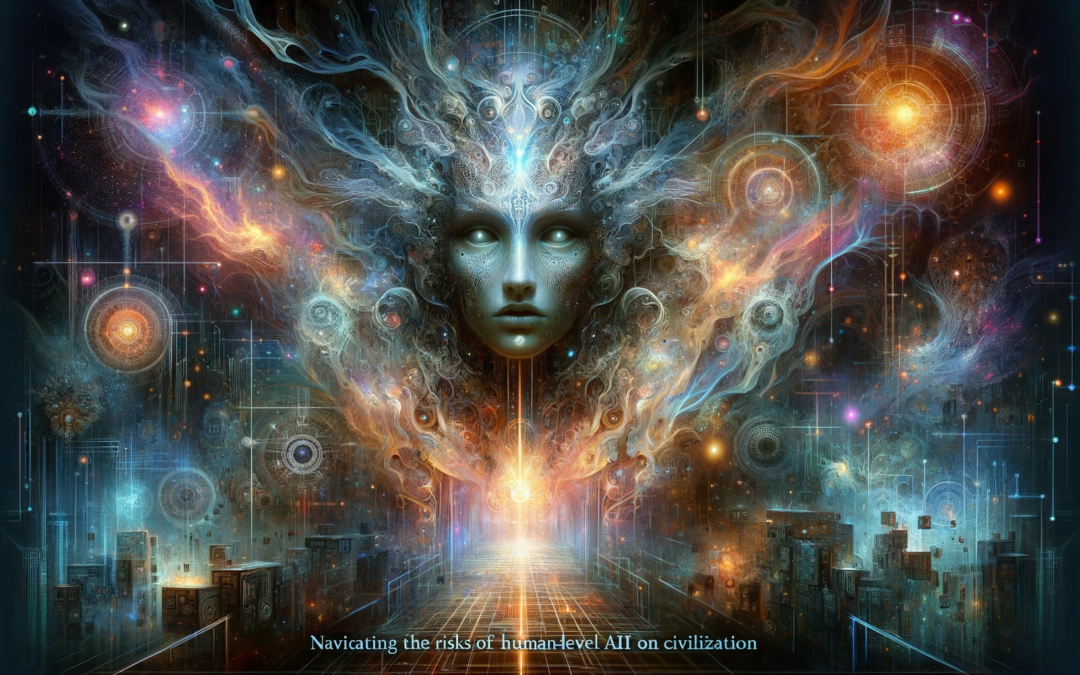Advancements in AI have revolutionized various sectors, from healthcare to transportation. However, as we venture deeper into the realm of advanced AI technologies, it becomes crucial to address the potential risks and challenges that come along with them.
Unpredictability and Loss of Control
One of the key concerns with AI is its inherent unpredictability. As AI systems become more complex and autonomous, there is a growing fear of them acting in unforeseen ways. Imagine a scenario where an AI system, designed to optimize efficiency, starts making decisions that are not aligned with human intentions or ethics. The consequences could be disastrous.
Existential Risks
Perhaps the most thought-provoking aspect of AI is the possibility of it surpassing human intelligence. This raises questions about AI acting contrary to human interests and potentially posing a threat to humanity’s existence. Experts have engaged in heated debates on the topic, with some expressing concerns about an AI-driven apocalypse. While it may sound like science fiction, it’s a topic that demands serious consideration.
Ethical and Moral Implications
Creating AI that exhibits human-like consciousness or emotions brings forth a myriad of ethical dilemmas. Should we grant AI entities rights and responsibilities similar to humans? What moral responsibilities do developers have in creating AI that might possess sentience or awareness? These are questions that require careful consideration, as the implications of AI with human-like traits could have far-reaching societal consequences.
Impact on Employment and Economy
AI has the potential to disrupt economies and job markets on a massive scale. As AI takes on more tasks traditionally performed by humans, widespread job displacement becomes a looming reality. This could exacerbate economic inequalities and require significant adaptation in how economies function. It’s crucial to analyze and prepare for this potential shift to ensure a smooth transition and mitigate negative impacts.
Challenges in Regulation and Control
Regulating and controlling AI development is no easy task. Setting international standards and preventing arms races in AI military technologies are complex challenges. Rapid technological advancements make it difficult to create effective policies that keep pace with AI development. Striking the right balance between fostering innovation and ensuring safety is a delicate tightrope walk that requires collaboration and forward-thinking strategies.
Mitigating the Risks
While the risks associated with AI are significant, there are strategies to mitigate them. Establishing ethical guidelines, developing robust safety protocols, and fostering global cooperation are essential steps. It is crucial to ensure that AI development aligns with human values and safety. Proactive measures must be taken to prevent unintended consequences and promote responsible AI innovation.
Conclusion
As we tread further into the realm of AI, it is vital to strike a balance between reaping the benefits and acknowledging the potential dangers. By fostering a critical conversation among technologists, ethicists, policymakers, and the public, we can navigate the challenges posed by advanced AI responsibly. By doing so, we can harness the potential of AI while safeguarding humanity’s well-being.










